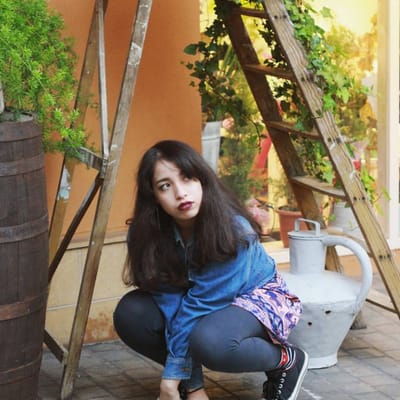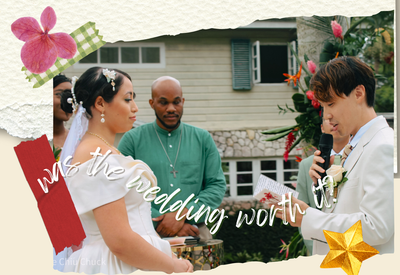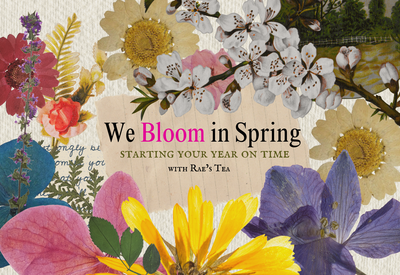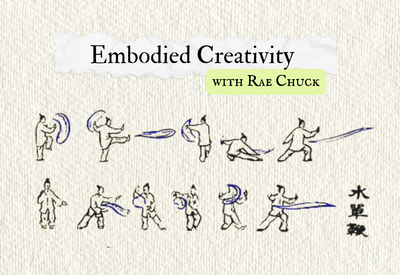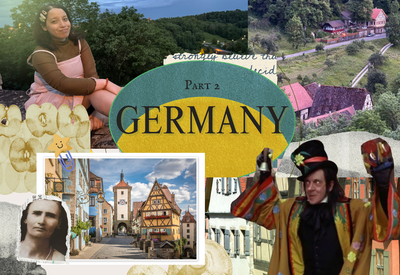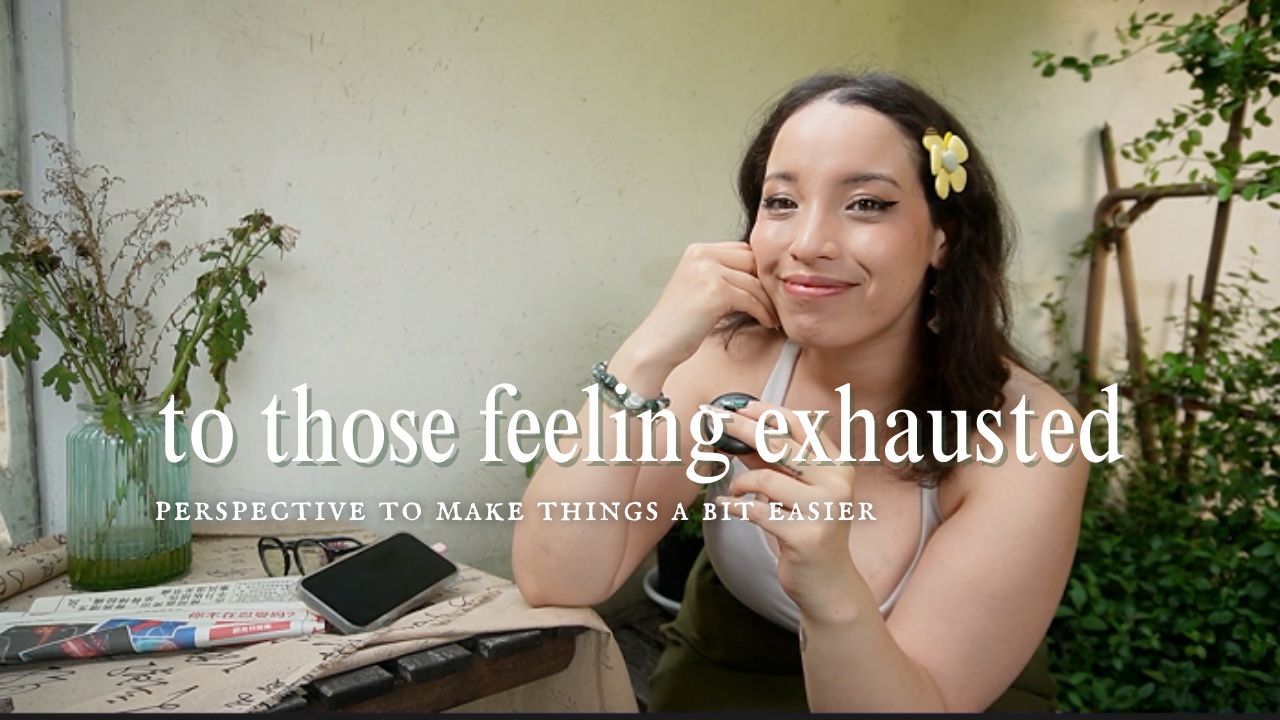well dear, it takes life to know life.
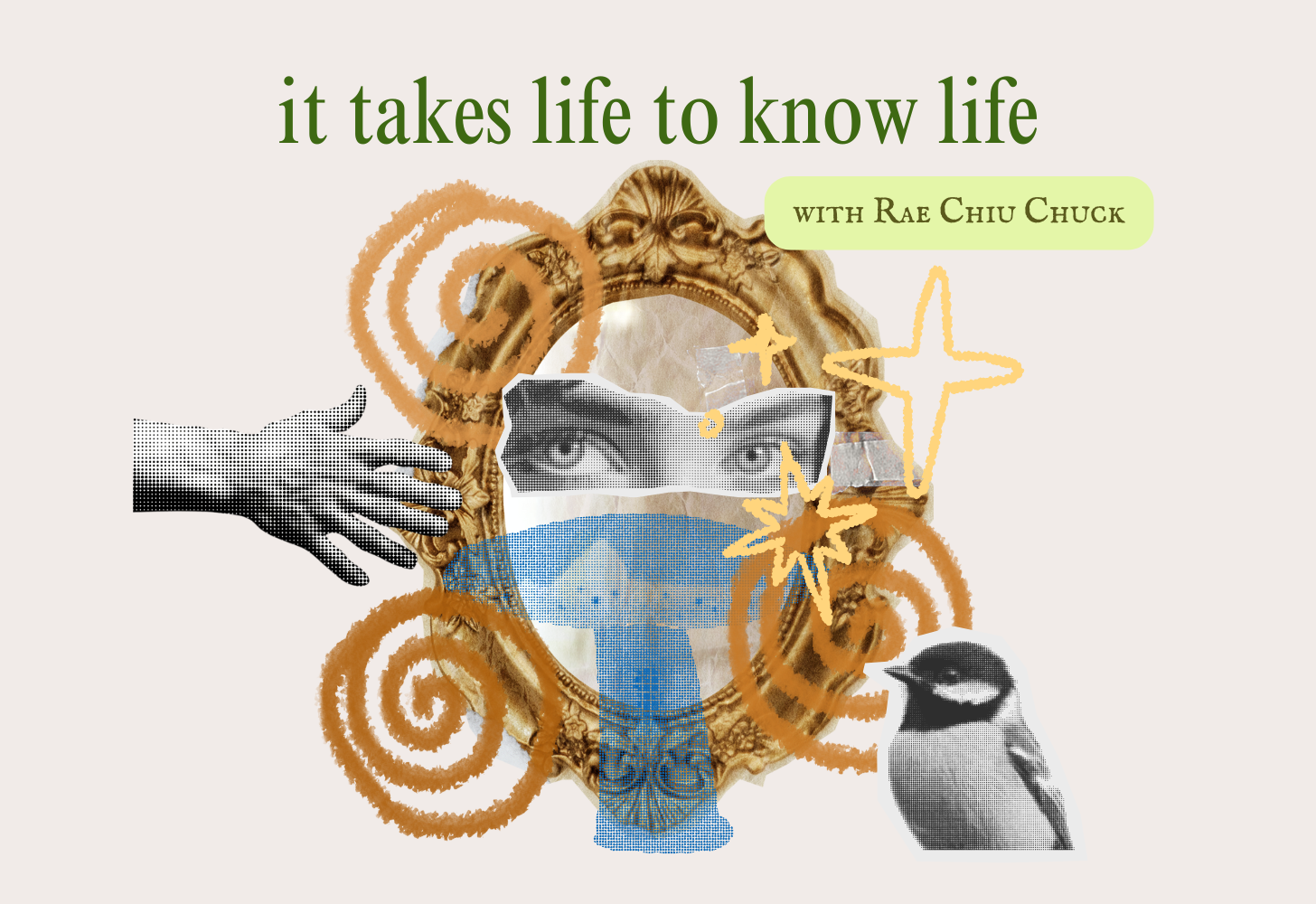
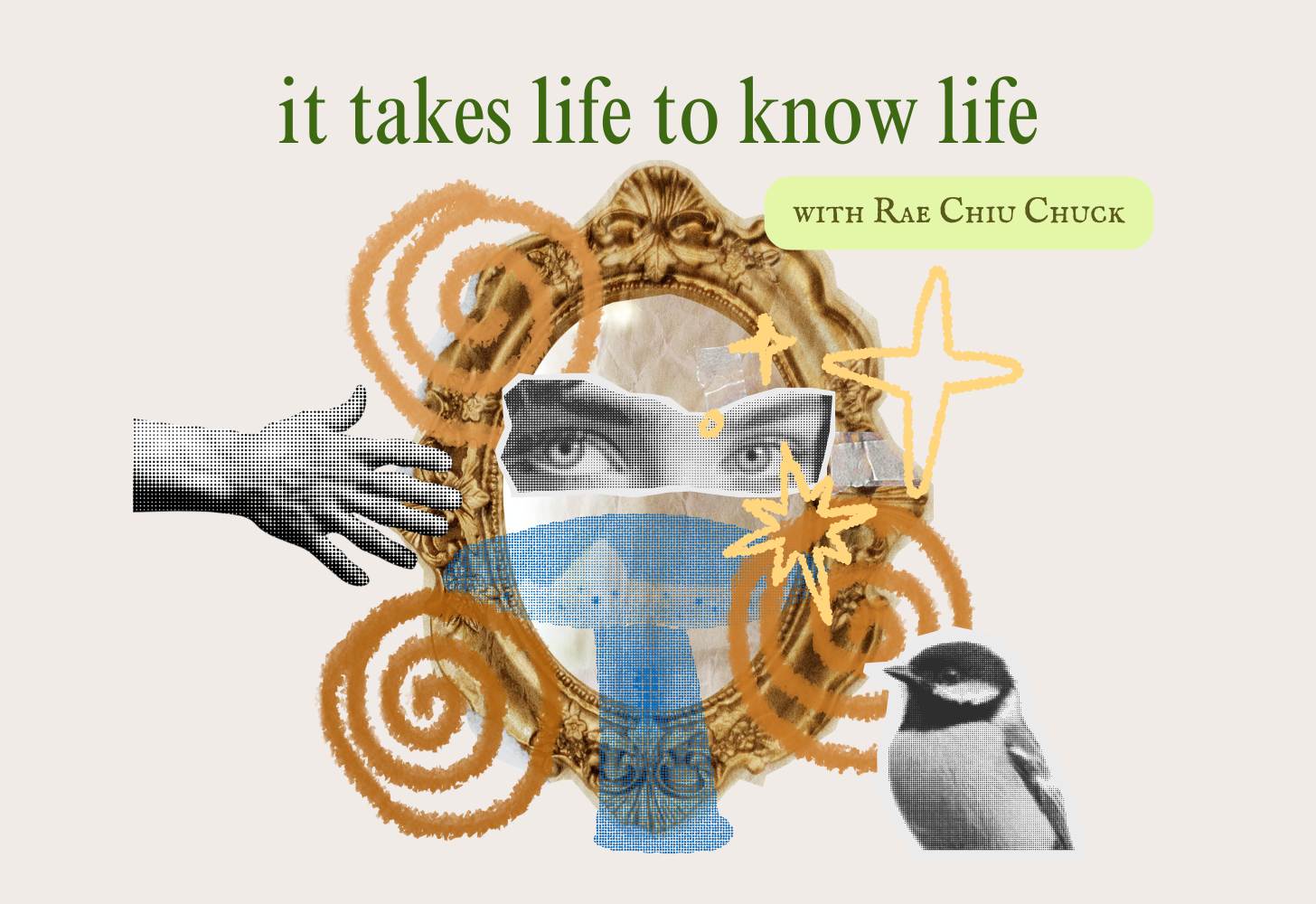
“I should become a philosopher,” I said with some conviction.
“No one’s a philosopher these days,” I said with some more conviction.
Conviction I somehow still needed even after putting philosopher in my name.

On the clock and at a busy conference, I sat there mumbling self-proclaimed convictions of wanting to embody a philosopher. Struck with inspiration, my colleague ripped out his phone and excitedly presented his ‘first theory’.
Theory 1
a philosophical thought birthed from the standing row at a Buju Banton concert, co-written by Mary-Jane.
Human creativity cannot be bottled...
To package it, would be to know the result of the random seed generator permanently…
The random, now predictable. Making random a moot premise…
It was just smokes and mirrors... resulting in possible proof that we are in a simulator…
(edited by me to convey clearer meaning)
Human creativity, he argued, can never be replicated by AI because it is, at its core, unpredictable. True randomness. A machine, no matter how advanced, cannot generate something it doesn’t already contain. To simulate randomness is to already know its parameters. And if it has parameters, was it ever truly random?

He’s right, you know. A machine cannot be original.
But can we?
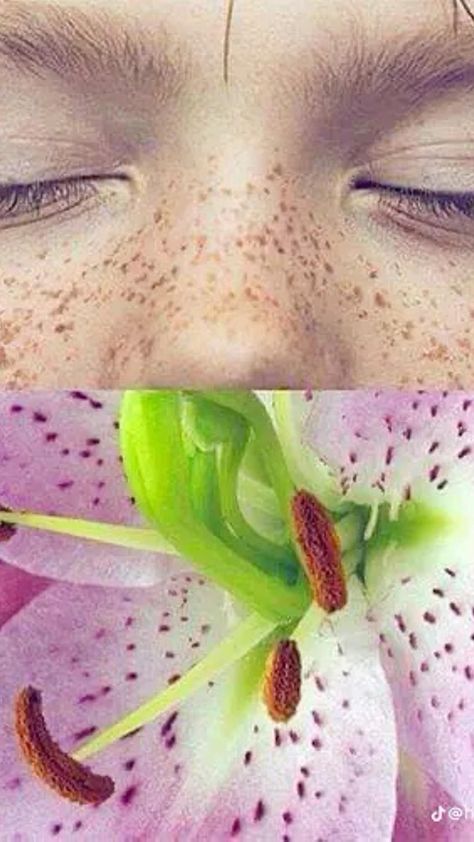
💌 letters fr your soul's reflection 💌 intersectional musings on philosophy, culture, spirituality, love & self-actualisation. From the perspective of a polyglot, third-culture, ND 🧠, chronically-ill, mixed kid from Jamaica with dreams for a warmer world.
I challenge the idea that we are original. In the art space, the greats tell us not to focus on originality, but to focus on lineage. After all, all ideas have been thought, all concepts exist. All approaches have been taken. We say that art mirrors life, and I suppose life then mirrors art. It goes further, the more you spend time observing the universe and its inhabitants, you start to see commonality among us all. That’s how the greeks could stare at the stars and derive a framework for understanding human personality, and the Chinese and the Indians could analyse a body and figure out how energy and balance powers our biological systems long before microscopes and X-rays. It’s the reason the average person didn’t need the doomsday scientists and environmental specialists to know that factory waste, car exhaust and unnatural fibres were killing the environment. It’s the way that walnuts look like brains and happen to be good for brains. It’s how Indigenous Wisdom shared with us hundreds of years ago from beaches and tree houses through song and metaphor have come to light as true and as scientific fact long after.
‘There is nothing new under the sun.’ (Ecclesiastes 1:9)
Even you, as unique as you are, are a combination and iteration of the people who came before you. You ancestors are in your cells. The cells made of stardust. To deny it is an act of immaturity, a teenage rebellion of wilful ignorance.
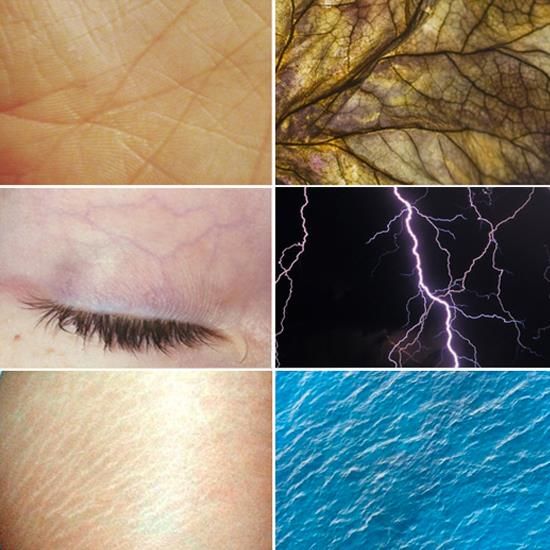
Mathematicians, sociologists, astrologists, philosophers, epidemiologists— they all find the same truths at the end of the rainbow— mirrored, expanded, compressed, expressed— in different ways.
In her book Parables of the Sower, a prediction of the future written in 1993 and set in 2024, Octavia Butler anticipates the rise of white nationalist Christian fundamentalism and even a presidential candidate with the slogan “Make America Great Again.” The book is prophetic, but Butler herself rejected that idea. She is quoted to have said in a book signing that she didn’t “make up the problems” she simply looked at the problems they were neglecting then, and gave them “30 years to grow into full fledged disasters.”1
In other words, she was observant. Observant of life and therefore a prophet.
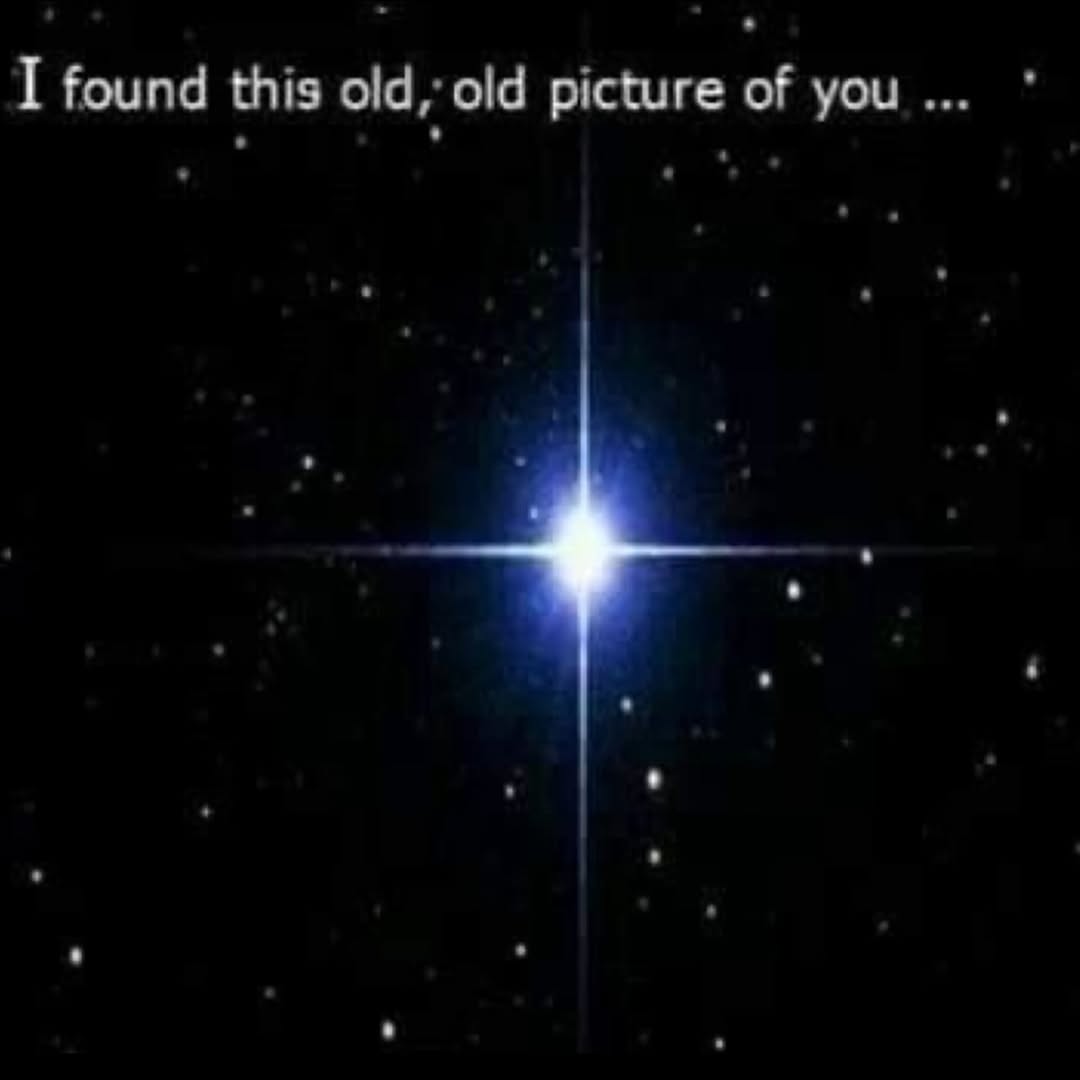
We may not be original
It has always been apparent to me that the things of this world, at the end of the day, are the same, no matter what package it is in. We are all mirrors of ourselves. The universe experiencing itself. The Holy Spirit encased in many forms. This is actually part of the premise for the title of this publication, Many Faced God. And perhaps my dear colleague, this is a simulation. One that reflects itself in different ways to allow itself to experience the complexity that is.
And yet, we are life.
As predictable and insufferable as we can be, we are life. I'm sure that AI or technology will not ever match humanity, but it has already surpassed us in many ways. It packs the reasoning of millions and the thoughts of many. It can run 24/7 without breaks, and produce consistent work in a way that we can't. Sure from a machine’s perspective, it is much better than a human.
Text within this block will maintain its original spacing when publishedBut we are life.
And, if one cares about life,
we will always prefer life. Text within this block will maintain its original spacing when publishedBut we are love.
And, if one cares about love,
we will always prefer love.
In this way, from life's perspective, AI will never match, nor surpass life.
I belong to this land
It runs through my veins
It’s the earth in my bones
It’s the dry dusty plains
It’s the whispering wind
As she blows through the sand
It’s the sparkling salt water
That trickles through my hands
— “Mother Earth” Indigenous Wisdom, by Nola Gregory (Western Australia)
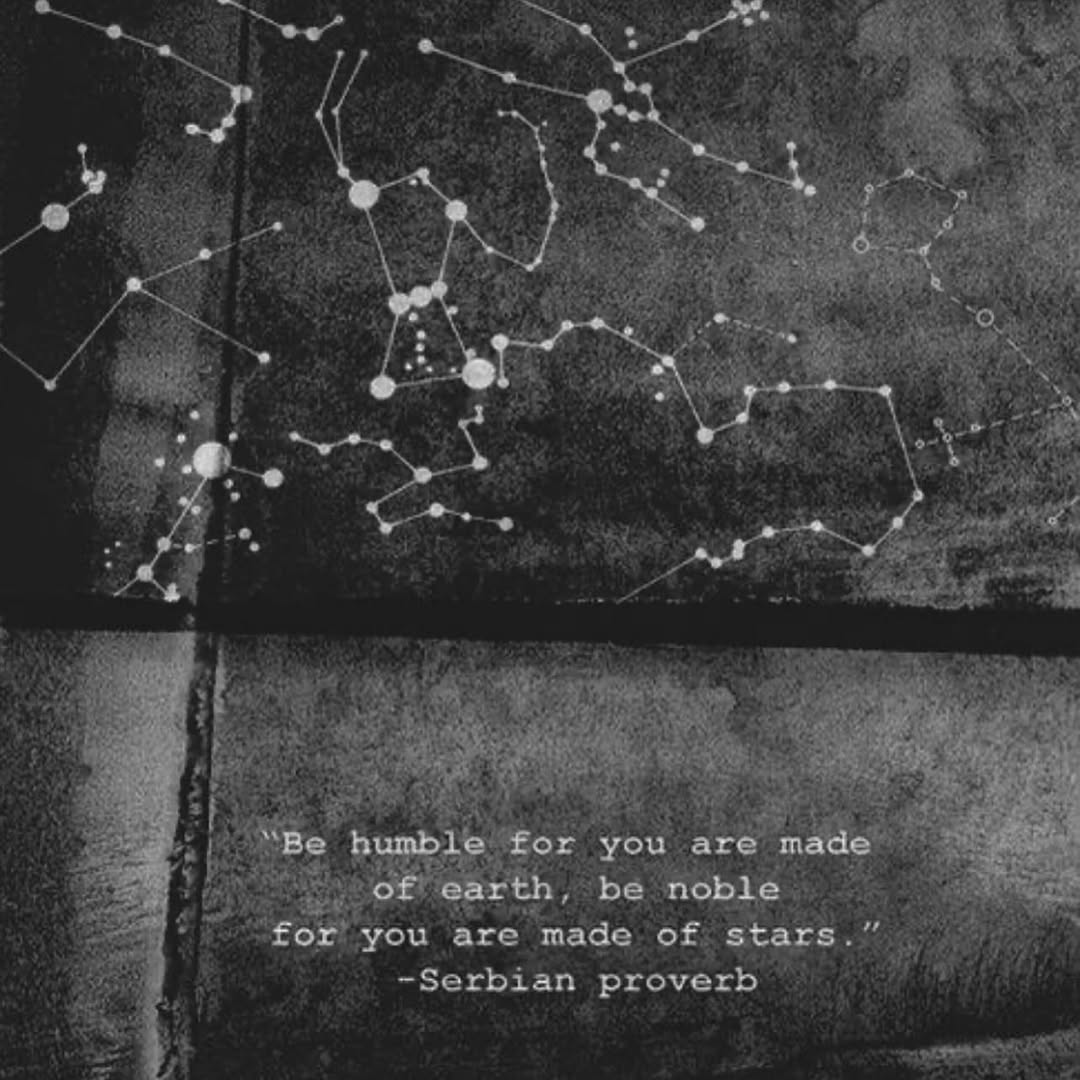
The true value in humanity is not our capacity to be like or to compete with machines. We are not here to derive shareholder value. So to answer the question: will AI ever surpass us? Well, there is no competition, because a machine is not life, and a life is not a machine.
Life may be predictable, but it takes life to know life.
Source: The Art Newspaper “When asked by a student during a book signing if she really thought the future would be as grim as she imagined it, Butler recalled telling him: ‘I didn’t make up the problems... All I did was look around at the problems we’re neglecting now and give them about 30 years to grow into full-fledged disasters.’” ↩
First heard this poem in a speech by Vandana Shiva. Highly recommend :3 ↩

No spam, no sharing to third party. Only you and me.
